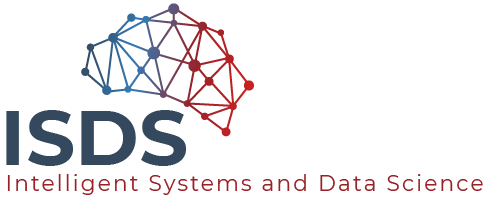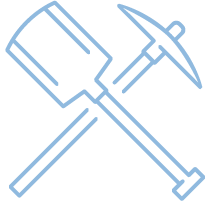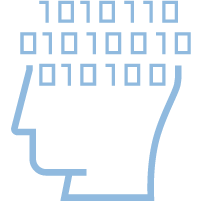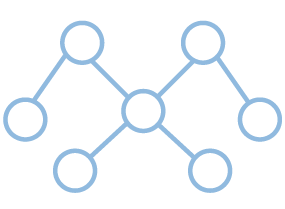Artificial Intelligence and Music (AIM) at the DARIAH Annual Event
The first meeting of the Artificial Intelligence and Music WG has been held in Warsaw, May 17, within the DARIAH Annual Event, featuring an introductory keynote by Lev Manovich. The Artificial Intelligence and Music WG – led by Albert Meroño-Peñuela (Vrije Universiteit Amsterdam) and Enrico Daga (ISDS – KMi, The Open University) – has been created to […]


 Scholarly Knowledge Mining
Scholarly Knowledge Mining
 Digital Humanities
Digital Humanities
 Data Science
Data Science
 Smart Cities and Robotics
Smart Cities and Robotics
You must be logged in to post a comment.